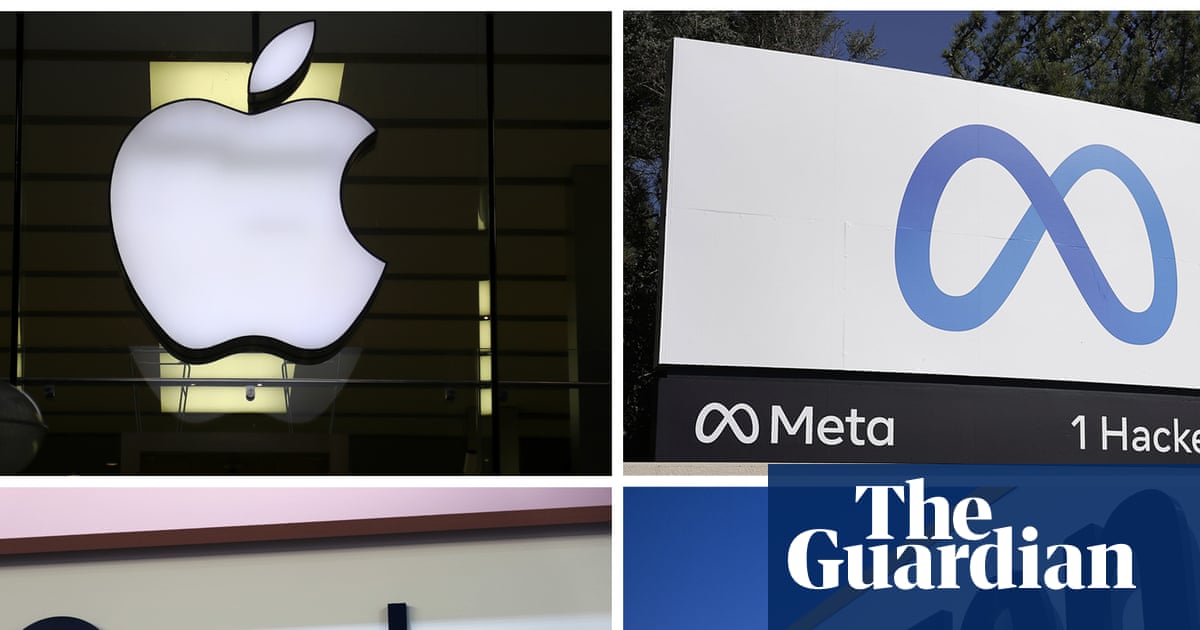When it comes to agentic artificial intelligence, the fear of missing out factor is clear. Organizations are plopping down agents, in part, because that’s what everyone else seems to be doing. But FOMO is not a business strategy. To make agentic AI work, business leaders need to ignore the hype and concentrate on establishing exactly what agents can do for them, how, and at what cost.
Our own work has proven that AI agents, which independently plan and execute complex multistep tasks, can deliver substantial value by accelerating timelines and reducing costs. And that’s just the beginning. The ever-improving ability of AI agents to work with people to plan, communicate, and learn, could evolve into a genuine paradigm shift in how business is done.
Unclear business value
But enthusiasm does not always translate into impact, something that many businesses are beginning to recognize. According to one study, 40% of agentic AI projects could be canceled by the end of 2027 due to unclear business value and escalating costs.
In recent research, McKinsey studied dozens of agentic AI initiatives, including 50 in which we were directly involved. With the wisdom of hindsight, we’ve identified three critical factors in agentic AI success.
1. Start with workflows, not agents
Agentic transformations are more likely to succeed when they focus on integrating agents into reimagined workflows, rather than tacking agents onto processes designed for another technological era. And the corollary is also true: even the most powerful AI agent will underperform if it is tethered to faulty and inefficient workflows.
Already, agents are being successfully deployed in multi-step, dynamic workflows like IT help desks, software development, and customer service. The boldest leaders are also successfully deploying agents to frontier use cases. For example, an alternative legal services provider found substantial efficiency gains when it carefully modernized its contract review process. Every time a lawyer made a change in the document editor, it was logged, categorized, and fed back into the agent’s logic and knowledge base. In designing the agentic workflow, the team identified where, when, and how to integrate human input. Agents highlighted edge cases and anomalies for people to review. Over time, the agents were able to codify new expertise and provide more sophisticated legal reasoning, but it was up to the lawyers to sign off on critical decisions.
2. Stop the slope
Many enthusiastic early adopters built agents whose outputs have become known as “slop”—that is, work that may be done quickly but then requires considerable effort to correct. This is annoying. Worse, it breeds distrust in the agents and in the idea of transformation more generally. To do better, companies should invest in agents just as systematically as they do in people, with managers, job descriptions, training, monitoring, and continuous development goals.
3. To support AI agents, engage the workforce
It should be humans who onboard, train, and evaluate agents on an ongoing basis: “launch and leave” is not good enough. As agents begin to accomplish more, roles will shift. Leaders will need to train employees in a new human-agent hybrid operating model, including skills such as building and deploying agents effectively, training them, setting tasks for them, tracking and correcting their work, and stringing them together to perform more complex tasks.
The essential principle is that agentic AI needs to work with, not against, time-honored business priorities like productivity and teamwork. The question, then, is not whether to deploy agents, as with any other technology, it is when can they help to solve real-world problems and create value?
And the answer is: not always. For tasks related to parsing lengthy documents, generative AI applications such as chatbots are probably the better option. For highly structured or automated tasks like data entry, rules-based approaches—if x, then y—can be more efficient. And high-stakes decisions with little room for error are the domain of leaders and managers.
Yes, agentic AI could be a once-in-a-generation opportunity—thus the FOMO effect. Success will come not from enthusiasm, however, but from a hard-headed analysis of how this tool can be used wisely—for the right task, at the right time.
The early-rate deadline for Fast Company’s World Changing Ideas Awards is Friday, November 14, at 11:59 pm PT. Apply today.












